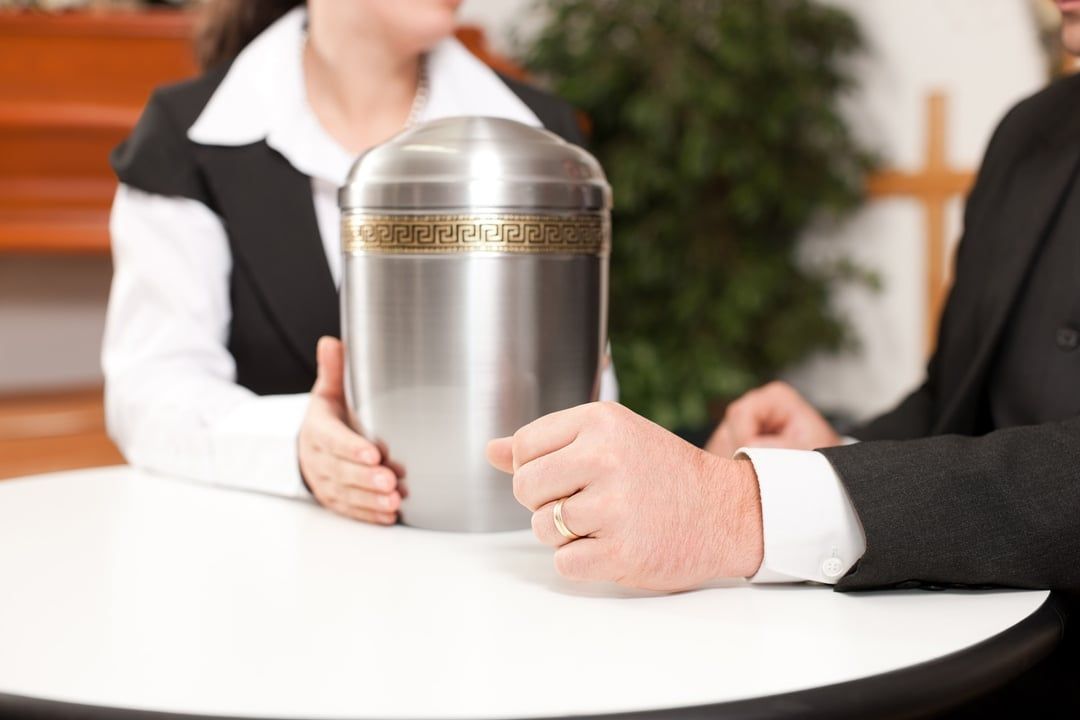Understanding Power of Attorney and Funeral Planning in Ohio
Power of Attorney vs Appointment of Representative

Power of Attorney (POA)
A legal document that allows someone (called the agent) to make decisions on behalf of another person (the principal). This can include managing finances, making healthcare decisions, and handling personal affairs. However, it’s important to know that Power of Attorney ends when the principal dies. At that point, the agent no longer has legal authority to act on their behalf—control shifts to the executor of the estate or next of kin.
Planning Ahead in Ohio: Appointment of Representative
In Ohio, there's a special document called the Appointment of Representative for Funeral Arrangements. This form allows you to legally name someone to take charge of your funeral plans after your death. It can include instructions for burial or cremation, memorial services, and other final wishes. Unlike a POA, this appointment remains valid after death and ensures that your chosen representative has the legal right to carry out your funeral preferences—avoiding family disputes or delays.
Key Takeaways:
- POA ends at death—it cannot be used to manage funeral or estate matters.
- In Ohio, use an Appointment of Representative to legally designate who will handle your funeral plans.
- Planning ahead gives you peace of mind and clarity for your loved ones during a difficult time.











